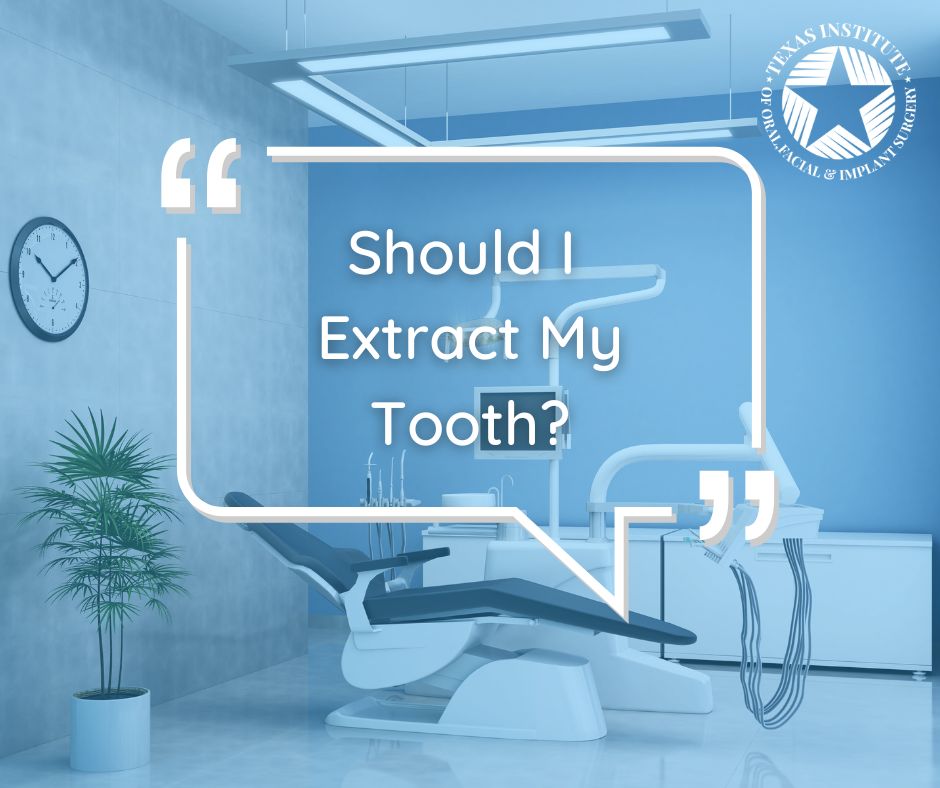
Teeth can be complicated at times. Choosing to extract one is usually a last resort. If you take care of your teeth well and make your oral health a priority, most can last for decades. They were created to withstand the force of our eating multiple times a day. But when our teeth are not taken care of as well as they should be, problems can compound on themselves, creating bigger oral health issues. It doesn’t take much for a tooth to start acting up, especially if there’s an untreated cavity or abscess. It’s best to stick to a thorough oral hygiene routine each day, consisting of brushing twice a day and flossing at least once a day. This can help maintain healthy gums and reduce your chances of getting cavities.
But sometimes things can get a little out of hand. Or maybe you’ve experienced trauma to a certain tooth. It’s not the most popular choice, but a tooth extraction is probably your best solution if your tooth is so damaged that your dentist considers it “non-restorable.”
Why Would I Need to Extract a Tooth?
If you’re in pain or have a badly-damaged tooth, tooth removal is usually the best option.
In cases where the tooth has been severely damaged from a large amount of decay, a simple filling cannot correct the problem. If too much tooth structure has been involved, the tooth is no longer strong enough and will ultimately crack or break. If there is an infection inside of the nerve that’s causing pain, a root canal is usually best. But sometimes the tooth will need to be extracted to stop the pain and infection from spreading further (or possibly affecting the surrounding teeth.)
Where there is an advanced amount of periodontal disease, too much gum and bone deterioration can compromise the tooth’s integrity. When it is detected early enough, the gum tissue can be rehabilitated and the teeth saved. But if there is a severe amount of bone loss and tooth mobility, an extraction then becomes the only practical treatment option.
Similarly, wisdom teeth are usually extracted because of the numerous side-effects that they create in your mouth. Proactive third molar extractions help to keep your overall smile as healthy as possible.
What Happens After You Extract a Tooth?
A dental extraction may be necessary in order to keep the rest of your smile intact, not to mention offer peace of mind. Unfortunately, there will then be a large space left created where the extracted tooth once stood. This can cause issues with eating and even interfere with your self-esteem.
A dental extraction doesn’t have to be where your story ends. A great solution is to replace any missing teeth as quickly as possible. Options like dental implants offer the most long-lasting and lifelike results.
Reserve a Consultation Today
Texas Institute of Oral, Facial & Implant Surgery is your Midlothian expert in surgical tooth extraction and dental implant therapy. Contact us today to find out how we can help you enjoy a healthier, more attractive smile.



